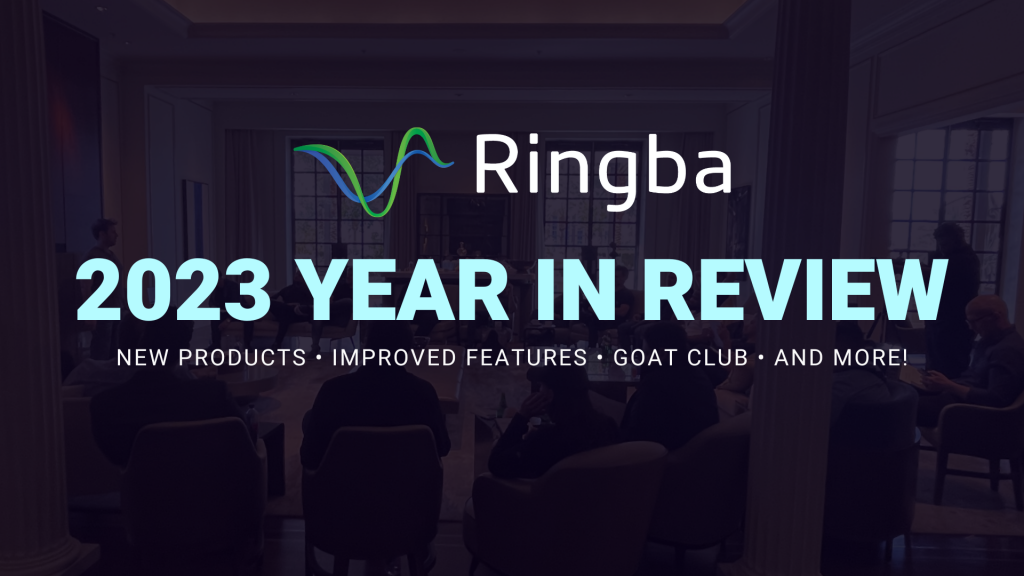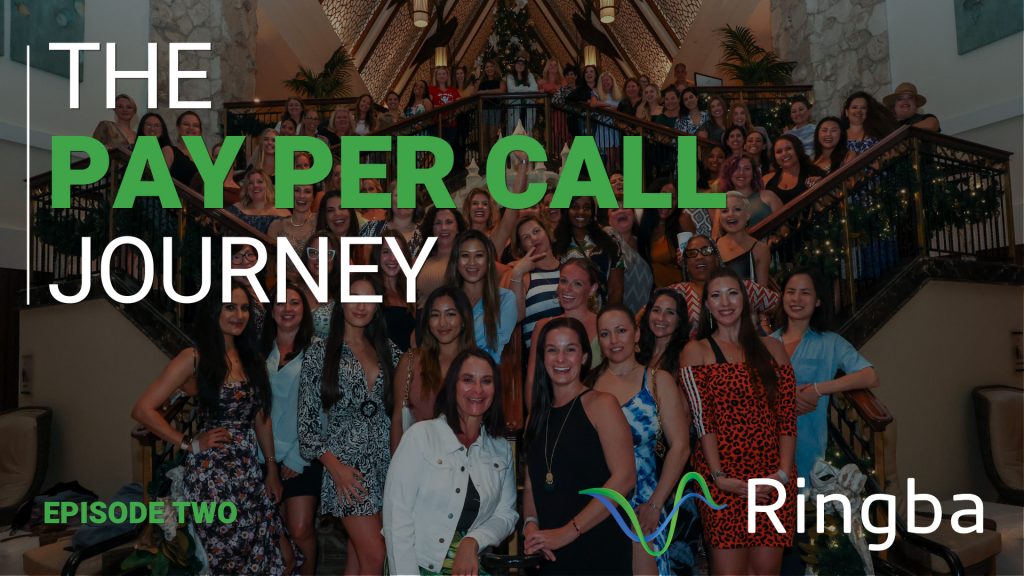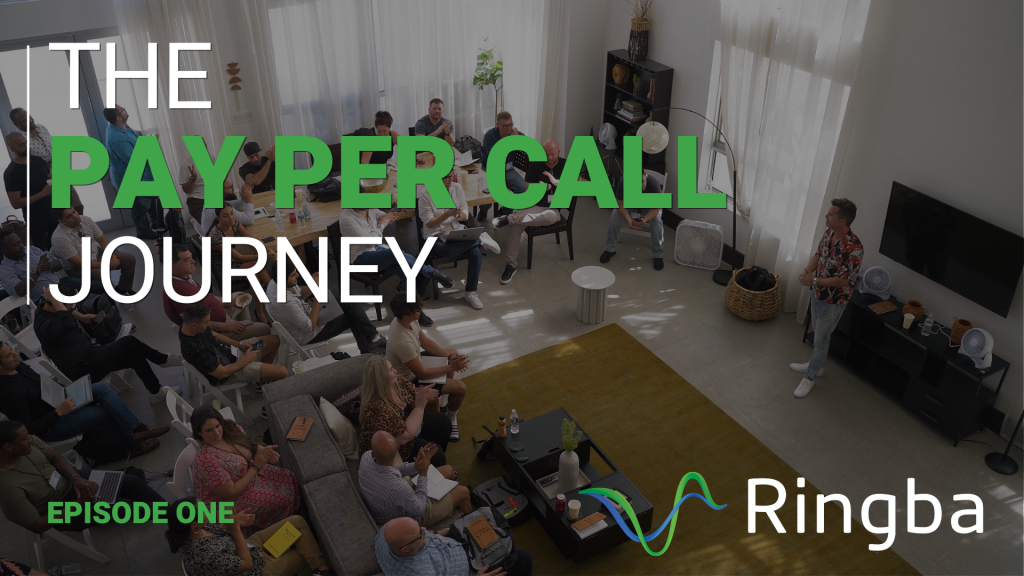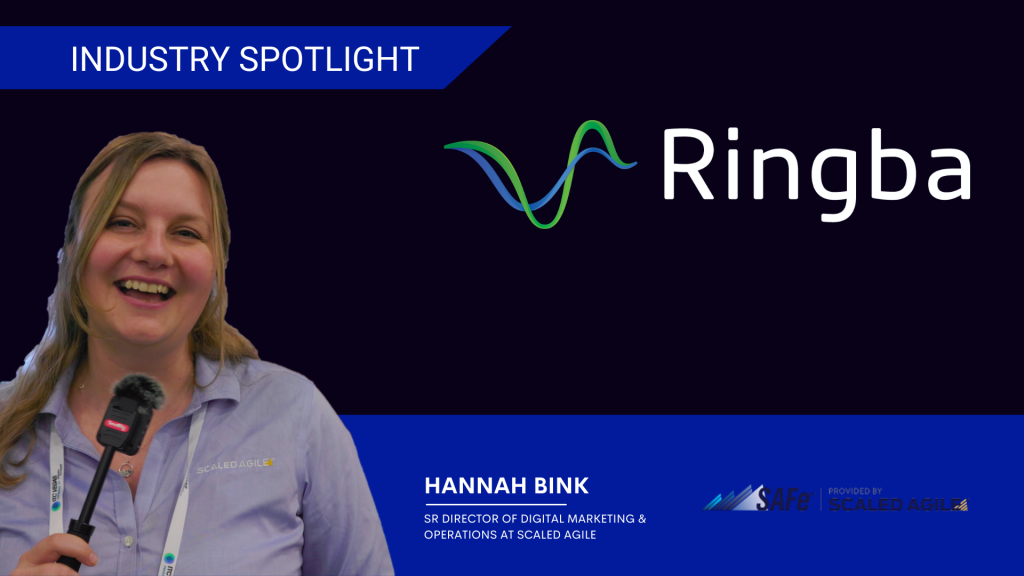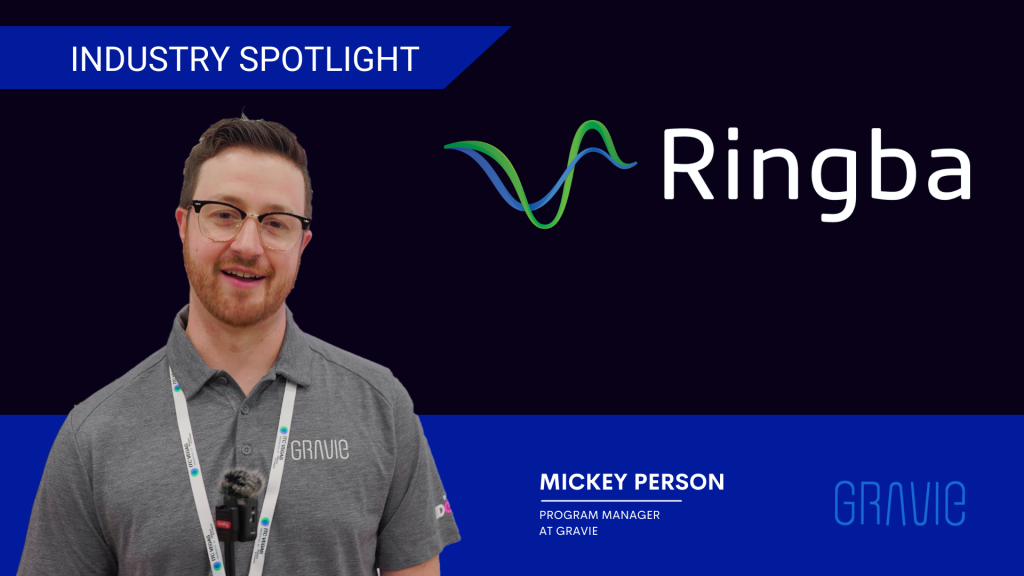Ringba allows the customer to use filters in a variety of ways including how you decide to route calls, and every campaign in Ringba has a call routing section with standard and IVR routing options.
Routing at Different Stages of the Call
Once data is associated with a call, Ringba can use it to make routing decisions at different stages of the call. For instance, you can pay your publishers different amounts based on any filter criteria — one zip code could be more valuable than another, you can set waterfalling filters which allows you to pay different amounts for calls from customers in specific zip codes.
Route Based on IVR
You can also filter a call through our IVR using different nodes touting them to a specific destination based on any data filter. An IVR or “Interactive-Voice-Response” is an automated system for qualifying callers with prompts and routing them to a destination based on their responses.
Tag Routing
Tag Routing Filters are filters that you can place on the individual target level that indicate that the call has to meet certain conditions in order for that Target to be eligible to receive that call.
Using Tag Routing Filters on the Target level in Ringba, users can choose any piece of data contained in their Ringba account, and use this in tandem with a variety of logic options (contains, equals, exists, less than, greater than etc.) to create simple or complex filters on Targets.
Users can also layer on multiple filters using Boolean logic (AND/OR) to further ensure calls end up in the right place. Tag Routing Filters make it super easy to have campaigns setup where you have multiple sources routing calls to multiple Targets, which is great for increasing overall call flow and connection rates, and keeping everything housed in one convenient spot.

